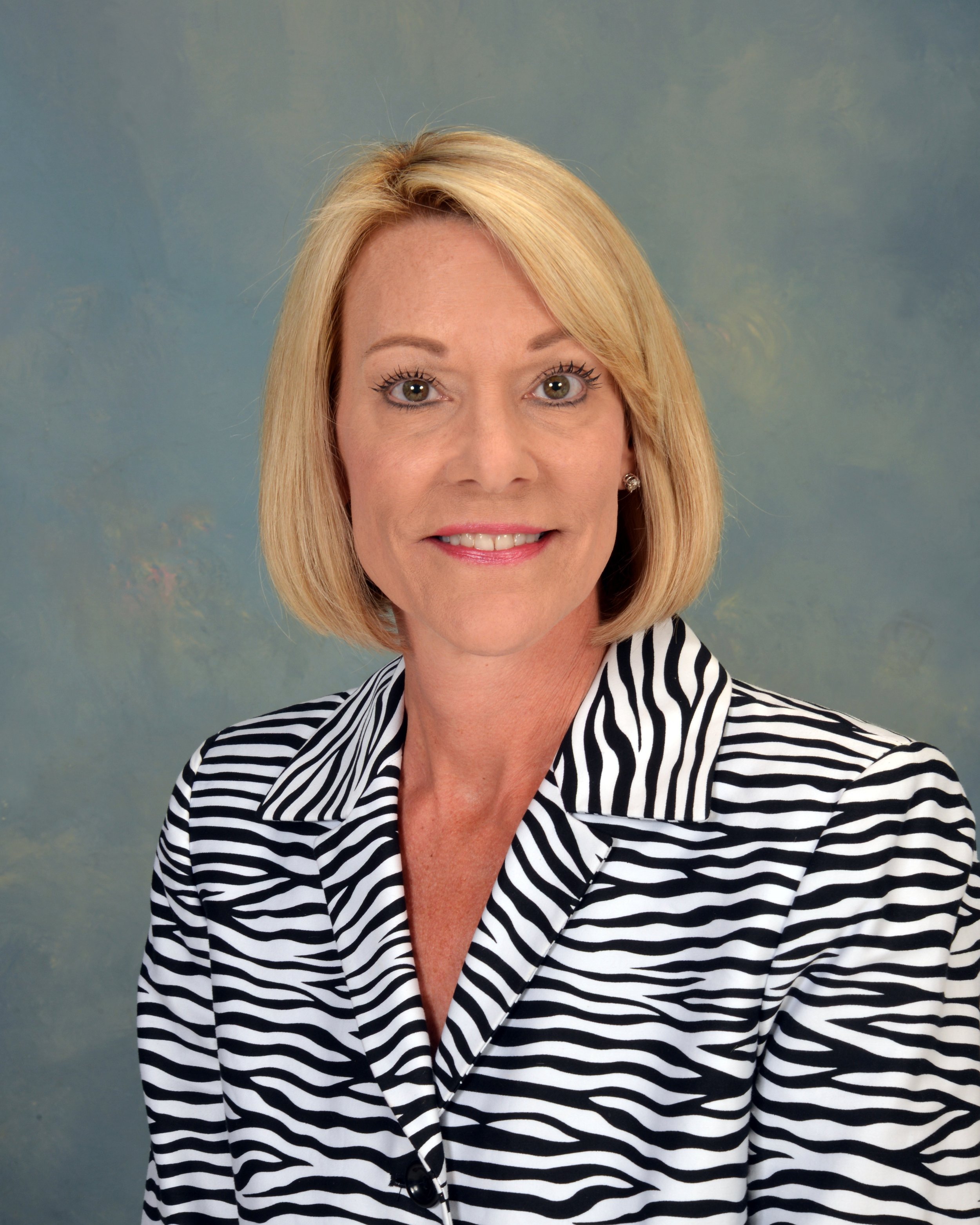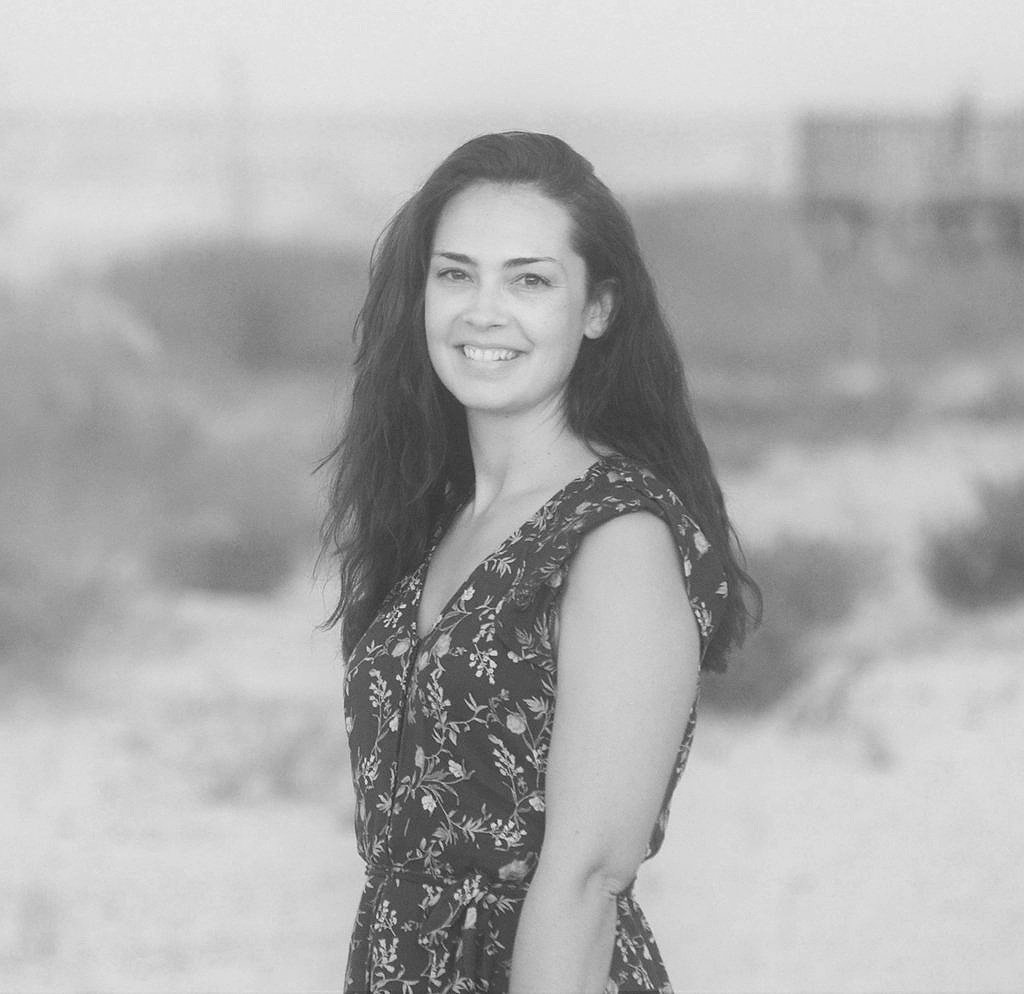The XX Factor
A women-led sustainable highway nonprofit led the charge to launch a critical initiative to increase the number of women in the transportation industry by 10% over the next 10 years.
Here’s something you don’t see often: Of the six staff leadership positions at The Ray, a nonprofit, five are held by women. Needless to say, the team is a force to be reckoned with.
They are behind a movement to build net-zero highways: zero deaths, zero waste, zero carbon, zero impact. It started in 2016 on and along The Ray Highway, an 18-mile stretch of I-85 in Georgia, with the unveiling of a solar-powered pavement, bioswales, pollinator gardens, and tire safety check station at the Georgia Visitor Information Center on The Ray. Ever since, research and innovation have been happening along this unique highway “test bed.”
“We’ve disrupted the P3 model with philanthropy. We call it P4,” said Allie Kelly, Executive Director of The Ray. “We support departments of transportation (DOTs) so they can solve problems. Under Laura’s leadership [Laura Rogers is the Director of Strategic Partnerships at The Ray], 15 states and more than two dozen transportation agencies have better management strategies for roadside vegetation. That’s just one aspect of the net-zero journey. We’re chasing the horizon of sustainable transportation by making sure we scale what the test bed has taught us.”
Another part of making transportation more sustainable is increasing female representation in transportation leadership.
Women comprise only 15% of a 14.8 million transportation workforce, and even fewer are in executive and decision-making roles, according to a Mineta Transportation Institute study.
That same study “found that attracting women to non-traditional female industries relies on the perception of the diversity of the organization, early connections with students, incentives, flexible workplaces, a welcoming culture and connection to congruent communal goals” (mobilityxx.org/about)
“Last year I came across the Equality Can’t Wait Challenge,” said Laura. “We contacted ITSA (Intelligent Transportation Society of America) and WTS International to brainstorm a proposal focused on C-suite roles. It had three pillars: bring more women into leadership, project driven-work, and tech start-ups in transportation.”
In September 2020, The Ray partnered with ITSA and WTS to create the MobilityXX initiative, which aims to increase the number of women in the transportation industry by 10% over the next 10 years. “To form the steering committee for Mobility XX, we got together the most powerful women in transportation and we put together a research cohort,” said Laura. “We know that if we can bring more women into this industry we can build a better system.”
The first phase of MobilityXX launched in October 2021 with the 10in10 Pledge, which calls on companies to commit to completing two or more DEI-focused pledge action items by September 2022. “MobilityXX is about elevating women’s representation and influence in transportation to produce better outcomes”, said ITS America President & CEO Laura Chace. “This lack of women at the top creates disparate outcomes for women everywhere, and we want to change that. We are challenging organizations throughout the industry to sign the MobilityXX Pledge and to help recruit 10 percent more women into transportation in the next 10 years.”
U.S. Census data shows that from 2005 to 2019, the proportion of women in transportation occupations only increased by 3%. This is abysmal, especially when you consider the new study from NYU’s Rudin Center for Transportation Policy and Management. It finds that women spend on average about $1,200 more than men each year on taxis or ride shares over fears about their safety on public transportation.
Or take “Changing Lanes,” a study commissioned in 2019 by the Los Angeles Department of Transportation to help advance its efforts to achieve a gender-equitable transportation system. Across all neighborhoods, the project team identified a consistent pattern: the Los Angeles transportation system is failing women. It stands to reason that, since transportation is serving women the least, more women need to be involved in conversations and decisions that will help mitigate barriers to travel, multi-stop routes, unsafe walking environments, and more.
"At The Ray, the core of our mission is to build a better, more sustainable transportation system for all,” said Allie. “This is only possible when we have diverse voices at all levels of the planning and implementation processes. As a female-led team, we see firsthand the disparities women face when traveling, and we're proud to sign the MobilityXX pledge and take an active role in moving the industry forward.”




